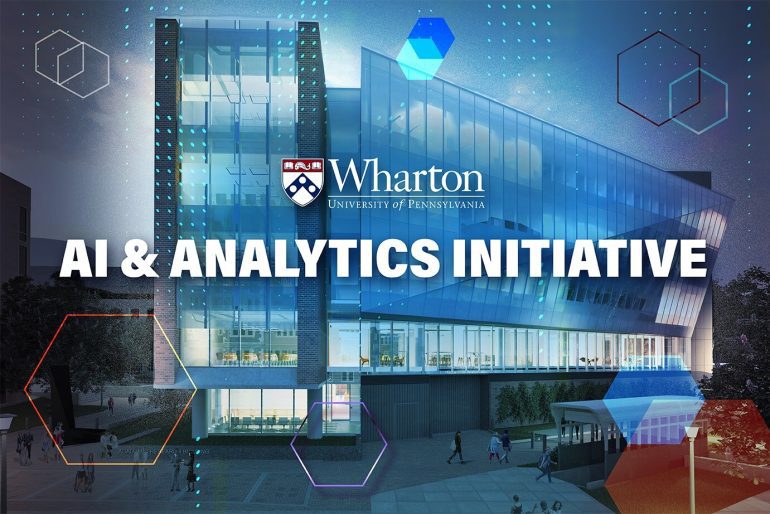- The Wharton School of the University of Pennsylvania is making a significant investment in AI research and education.
- The Wharton AI & Analytics Initiative aims to expand curricular offerings, foster research collaboration, and provide open-source resources for generative AI.
- ChatGPT Enterprise licenses will be provided to full-time and executive MBA students to enhance their exploration of generative AI.
- Two new funds, the Wharton AI Research Fund and the Education Innovation Fund, will support faculty research and curriculum development.
- Eric Bradlow, Vice Dean for AI & Analytics, leads the initiative to establish Wharton as a global hub for AI education and research.
- Wharton is developing an open-source platform for rapid prototyping of AI solutions.
Main AI News:
In a strategic move to bolster its prowess in artificial intelligence (AI) research and education, the Wharton School of the University of Pennsylvania has unveiled a substantial investment plan. This ambitious endeavor, under the banner of the Wharton AI & Analytics Initiative, encompasses a multifaceted approach aimed at expanding curricular offerings, fostering cutting-edge research, fostering collaboration between academia and industry, and providing open-source resources to steer the trajectory of generative AI.
Underpinning this initiative is a groundbreaking collaboration between Wharton and OpenAI, the driving force behind ChatGPT. Full-time and executive MBA students will soon have access to ChatGPT Enterprise licenses, a move poised to enrich their exploration of generative AI and propel Wharton to the forefront of AI education in business schools.
“AI’s exponential advancements are reshaping our world as we know it,” remarked Interim President J. Larry Jameson. “In this era of rapid technological evolution, it’s imperative for educational institutions and businesses alike to either lead or adapt. The Wharton AI & Analytics Initiative epitomizes our commitment to strategic leadership in tackling the monumental challenges of our era.”
Wharton’s legacy of addressing contemporary challenges through data-driven approaches serves as a solid foundation for this initiative. Leveraging its extensive expertise in analytics, the School is poised to significantly expand its footprint in the realm of AI.
“AI stands poised to revolutionize every facet of society and industry. It’s incumbent upon us to provide evidence-based insights into its responsible and practical applications,” noted Erika James, Dean of the Wharton School. “As a leading business school, Wharton is uniquely positioned to spearhead the exploration of AI’s multifaceted dimensions.“
To catalyze this initiative, Wharton is establishing two pivotal funds: the Wharton AI Research Fund and the Education Innovation Fund. These funds will provide faculty with the resources needed to conduct pioneering research and enhance curricular offerings, respectively.
Eric Bradlow, Vice Dean for AI & Analytics at Wharton, emphasized the School’s commitment to becoming a global hub for AI education and research. “Our aim is clear: to lead the charge in AI scholarship and empower future leaders with the knowledge and tools to navigate the AI landscape effectively,” stated Bradlow.
In tandem with its research and educational endeavors, Wharton is developing an open-source platform focused on rapid prototyping of AI solutions. By democratizing access to AI education, the School aims to shape the trajectory of generative AI while mitigating potential risks.
“In today’s competitive landscape, fluency in AI is non-negotiable. We’re equipping our students and the broader business community with the requisite skills to thrive in an AI-driven world,” asserted Deputy Dean Nancy Rothbard. “Wharton remains steadfast in its commitment to address the evolving needs of society and foster innovation in AI.”
Conclusion:
The Wharton School’s strategic investment in AI innovation signifies a significant shift in the market, indicating a growing recognition of the pivotal role AI will play in business and society. By equipping students and faculty with the necessary tools and resources, Wharton is positioning itself as a leader in shaping the future of AI education and research, with far-reaching implications for the broader business landscape.

